
Here are the top 5 CURE stories for December 2018.

Here are the top 5 CURE stories for December 2018.
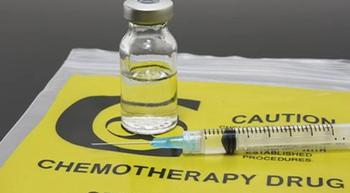
As researchers recently discovered, outcomes for patients with diffuse large B-cell lymphoma are just as good when the number of chemotherapy cycles is reduced.

To address the lack of information on this younger subset of patients, an international team of researchers analyzed a large dataset from 29 hospital centers in 12 countries.

In patients with chronic lymphocytic leukemia (CLL) or small lymphocytic lymphoma (SLL), high doses of curcumin and vitamin D could help stabilize the disease, according to new research presented at the American Society of Hematology’s (ASH) Annual Meeting in San Diego.
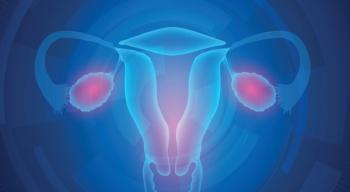
Maintenance treatment with Lynparza (olaparib) after chemotherapy has been found to significantly extend progression-free survival in newly diagnosed patients with advanced ovarian cancer and a BRCA mutation, according to a recent phase 3 study.

Here are the top 5 CURE stories for November 2018.

While the treatment landscape continues to grow in bladder cancer, researchers should continue to follow the evidence, but accrual of patients in clinical trials is also key, according to Petros Grivas, M.D., Ph.D.

Patients with muscle-invasive bladder cancer who were treated with a dose-dense regimen of neoadjuvant chemotherapy followed by radical cystectomy (surgery to remove the urinary bladder) experienced more complete responses to treatment compared with the current standard of neoadjuvant chemotherapy.

The treatment paradigm for bladder cancer has been quite exciting in the last few years, and even more is yet to come, according to Petros Grivas, M.D., Ph.D.

One patient opted to focus on his interests instead of focusing on cancer.

The cognitive dysfunction that patients with glioblastoma often face can compound these challenges and ultimately put extra stress on caregivers.

Young patients diagnosed with posterior uveal melanoma may have similar, if not worse, prognoses compared with the overall patient population.

We've got a sneak peek at what’s inside our Fall 2018 issue.

Given their proximity to both patients and information, lung cancer advocacy groups are in a good position to help better educate patients and physicians about the benefits of biomarker testing.

Patients with platinum-pretreated metastatic urothelial carcinoma who were treated with a higher dosage of Yervoy (ipilimumab) in combination with Opdivo (nivolumab) experienced improved survival and tolerable side effects, according to findings from the phase 1/2 CheckMate-032 trial.

Here are the top 5 CURE stories for October 2018.
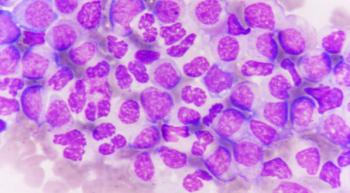
After seeing encouraging phase 1 results, the phase 2 portion of a clinical trial currently evaluating the efficacy of the BET inhibitor CPI-0610 in patients with myelofibrosis has been enhanced and expanded.

The anti-PD-1 monoclonal antibody TSR-042 may be safe and effective for the treatment of patients with microsatellite-high (MSI-H) endometrial cancer.

After receiving a breast cancer diagnosis “out of the blue” in 1996, Sue Friedman would later come to find out she also has a BRCA2 genetic mutation – a discovery that would lead to the creation of an organization for individuals in a similar situation.
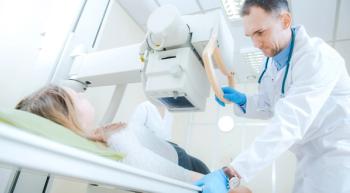
A high dose of precision radiation could drastically increase the survival rates of patients with metastatic cancer, and double the time patients live without cancer growth, according to study results presented at the 60th Annual Meeting of the American Society for Radiation Oncology.

While universal screening for Lynch syndrome is currently only recommended for patients with colorectal and endometrial cancers, a new study recently published in The American Journal of Surgical Pathology suggests this for patients with upper tract urothelial carcinoma, too.

New research indicates that aspirin and nonsteroidal anti-inflammatory drugs (NSAIDs) such as ibuprofen (Advil) or naproxen (Aleve) could not only reduce the risk of ovarian cancer, but also improve survival with daily use.
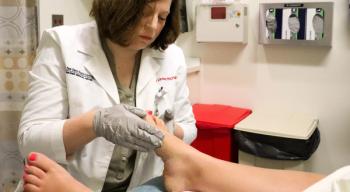
Non-pharmacologic integrative medicine approaches such as aromatherapy and reflexology can dramatically reduce the pain and anxiety associated with cervical radiation therapy, according to a clinical study currently underway at The Ohio State University Comprehensive Cancer Center – Arthur G. James Cancer Hospital and Richard J. Solove Research Institute (OSUCCC – James).

In this week’s episode of CURE Talks Cancer, we spoke with Barbara Demorest, the founder of KnittedKnockers.org, about how her cancer journey helped her create a sense of community for women with breast cancer all around the world with Knitted Knockers.

Here are the top 5 CURE stories for September 2018.

Airbnb announced the expansion of its Open Homes platform, which offers free, temporary housing for patients and their families traveling for treatment or respite stays.

A new test that identifies which bladder cancer tumors will become invasive could help reduce health care costs and over-treatment in patients.
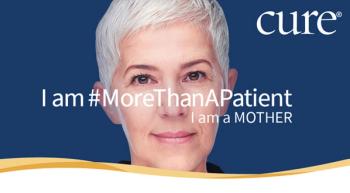

Former vice president Joe Biden addressed hundreds across the country during the Biden Cancer Summit.

A new blood test may offer a less invasive alternative to tissue testing when identifying patients with non-small cell lung cancer (NSCLC) who could benefit from certain immunotherapies.